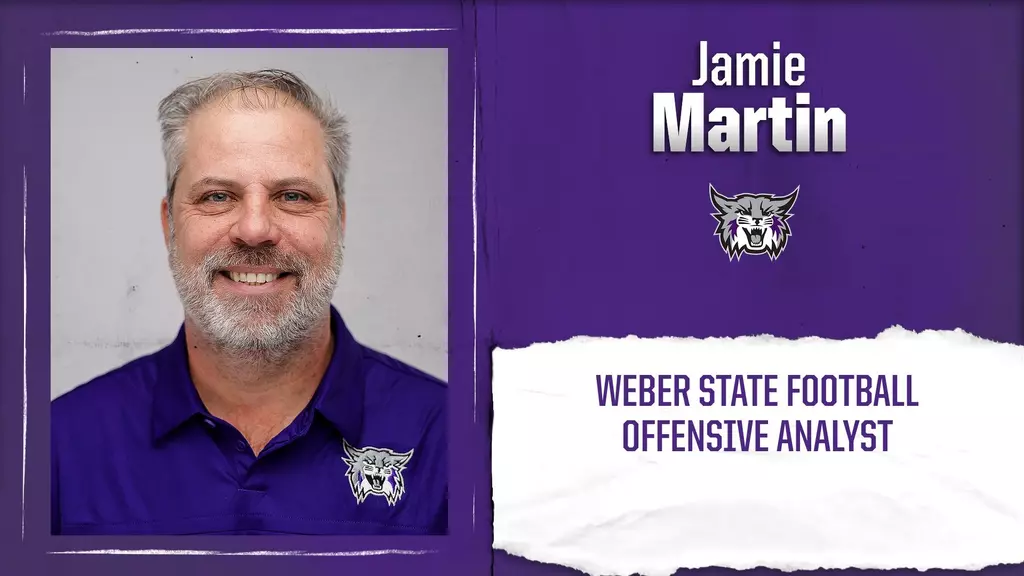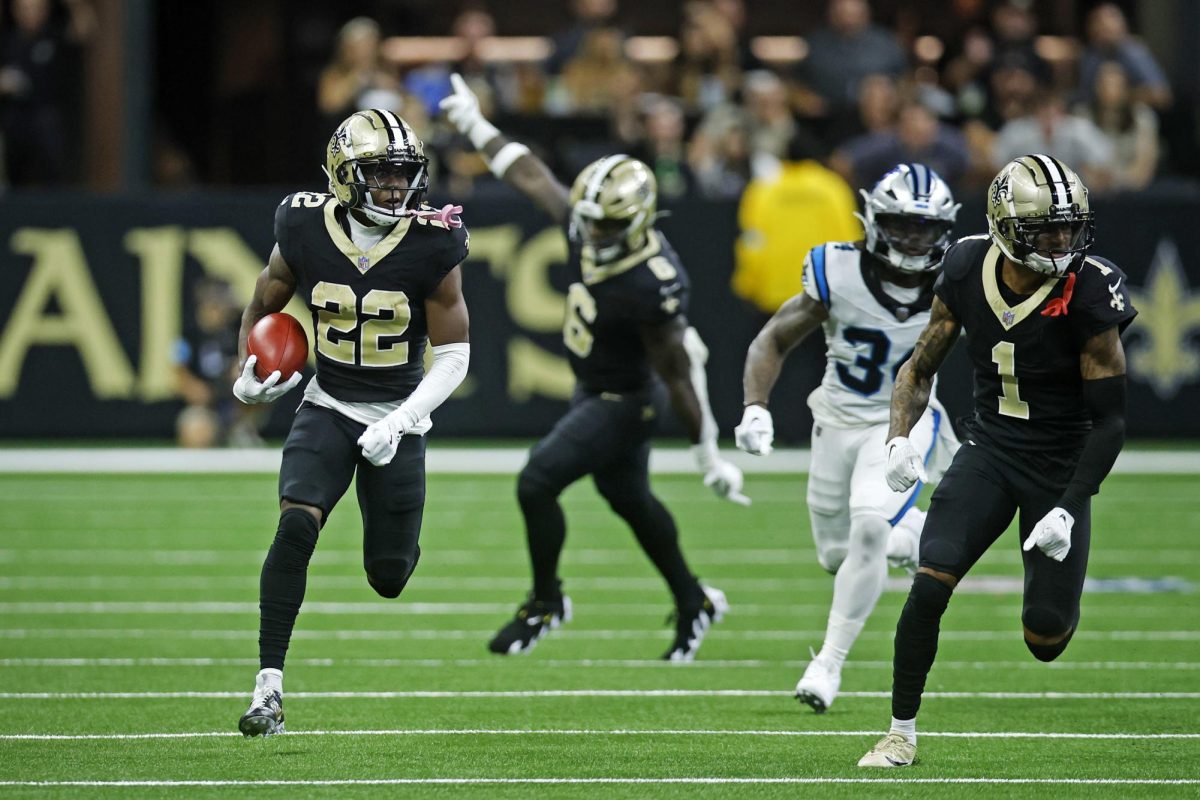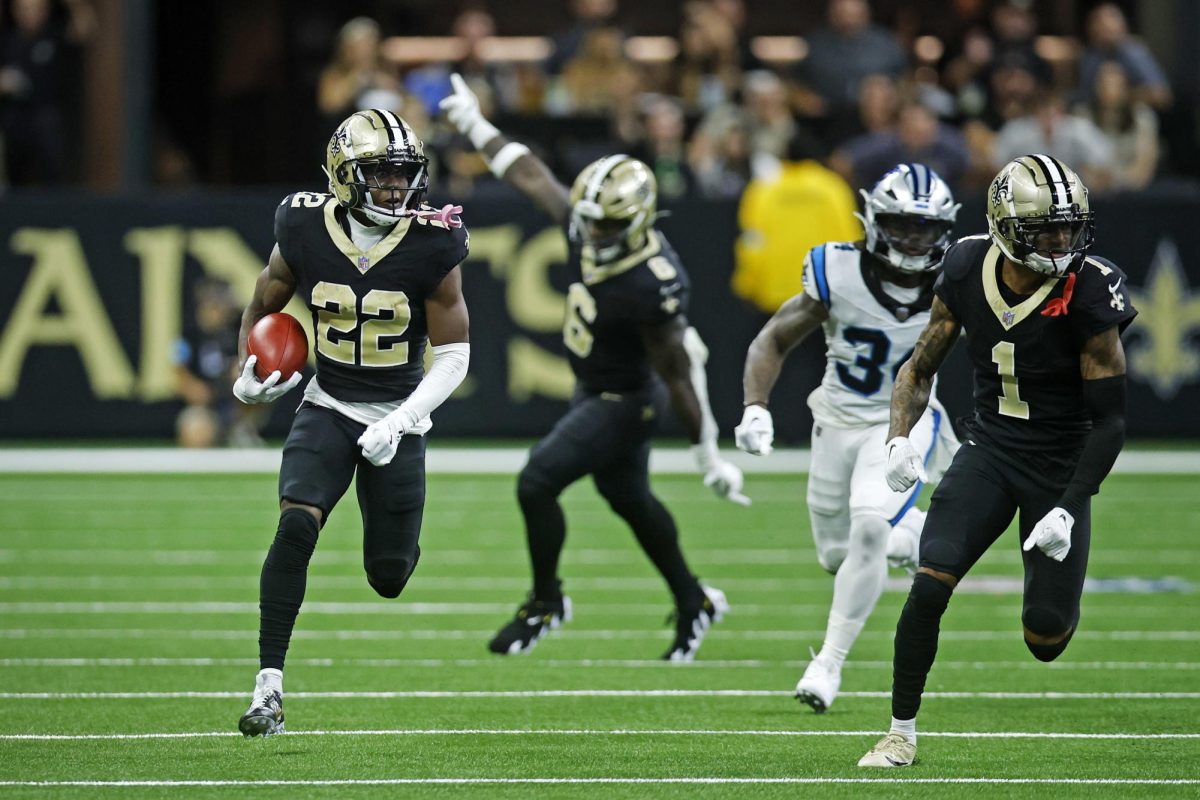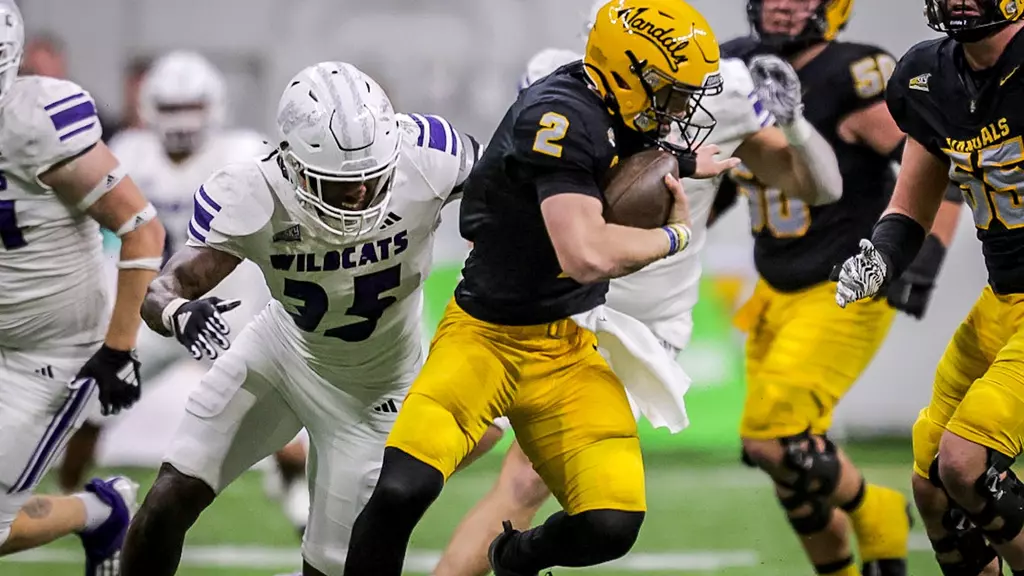As players gain stardom and recognition for their amazing performances on the field, it is common for players to start wondering, “Why am I still playing for free?”
The amount of players leaving college early to pursue a professional career is directly proportional to the average NFL rookie contract: As the amount of money increases, the amount of players who declare for the NFL Draft also increases.
As more players decide to leave college early and pursue a professional career, we are still left shocked. Is it ill-advised to skip out on your college degree to take a shot at the pros, or will it even matter, because you’re obviously destined to be the nation’s new football superstar?
A lot of the time, players assume that they will play football for many years and make a lot of money, making it worth skipping out on a college degree. While this does happen often, there are a few examples of players who seemed to make the wrong decision.
Vince Young, former Heisman Trophy runner-up and national championship-winning quarterback for the Texas Longhorns, declared for the NFL Draft after his junior year in college. After winning the NFL Offensive Rookie of the Year award, it appeared that Young had made the right decision.
Six years later, Young found himself without a job in the NFL and eventually returned to the University of Texas to fulfill his degree requirements.
Young did some amazing things in college, but it never seemed to pan out the way he thought it would later on down the road in his NFL career. Should he have waited and gained his degree while still under scholarship so that he would have something to fall back on? Does any young-adult football superstar have the mental strength and maturity to decline the possibility of a multimillion-dollar contract?
While the normal case is for a player to leave college too soon, there are also players who hurt their stock by staying too long.
Matt Barkley, former starting quarterback for the Trojans of Southern California, decided to stay in college for his final year to earn his degree and take a shot at the BCS National Championship.
While his intentions were good, the Trojans finished the season with an embarrassing 7-6 record. Barkley wasn’t even able to finish the season, as he was injured late and did not return for the Sun Bowl, which they lost.
After Barkley’s junior season, analysts were predicting for him to be taken No. 1 overall in the upcoming draft. After staying for his final season and getting injured, he was finally drafted at No. 98.
You could argue that if Barkley would have elected for the draft after his junior season, he would probably be starting for an NFL team right now. Instead, he finds himself third on the Philadelphia Eagles’ depth chart, with little chance to earn the starting job any time soon.
There is also another type of player who decides to leap from college football into the pros: the player who has no choice.
Terrelle Pryor, former quarterback sensation for the Ohio State Buckeyes, found himself in the midst of a heated NCAA investigation that pertained to improper benefits. It was believed that Pryor received money to purchase a car while in school, which is certainly against NCAA protocol. He was also thought to have taken free tattoos for the exchange of autographs and memorabilia.
After receiving a lengthy suspension, Pryor decided to leave the school and take his chances in the NFL. He was eventually taken by the Oakland Raiders in the NFL Supplemental Draft. To the surprise of most, Pryor actually earned his starting spot on the Oakland roster and now is essentially putting up some pretty hefty fantasy numbers. I believe it is safe to say that most did not see this coming.
At the end of the day, how are athletes supposed to figure out if they should stay or go? In my opinion, it comes down to this: Do you still have room for improvement in your collegiate career? Then stay. Is there any slight possibility of your stock decreasing by your decision to stay? Then go.
Also, if you can, follow in the footsteps of some current college athletes and get your degree by the end of your third year in school. After all, nobody wants to be regarded as the former NFL Offensive Rookie of the Year who might have to file for unemployment.



















